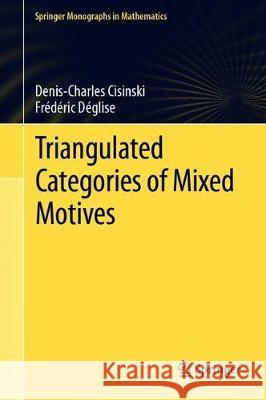Triangulated Categories of Mixed Motives » książka
topmenu
Triangulated Categories of Mixed Motives
ISBN-13: 9783030332419 / Angielski / Twarda / 2019 / 406 str.
Triangulated Categories of Mixed Motives
ISBN-13: 9783030332419 / Angielski / Twarda / 2019 / 406 str.
cena 483,04
(netto: 460,04 VAT: 5%)
Najniższa cena z 30 dni: 462,63
(netto: 460,04 VAT: 5%)
Najniższa cena z 30 dni: 462,63
Termin realizacji zamówienia:
ok. 22 dni roboczych.
ok. 22 dni roboczych.
Darmowa dostawa!
Kategorie:
Kategorie BISAC:
Wydawca:
Springer
Seria wydawnicza:
Język:
Angielski
ISBN-13:
9783030332419
Rok wydania:
2019
Wydanie:
2019
Numer serii:
000038505
Ilość stron:
406
Waga:
0.80 kg
Wymiary:
23.39 x 15.6 x 2.54
Oprawa:
Twarda
Wolumenów:
01
Dodatkowe informacje:
Wydanie ilustrowane











